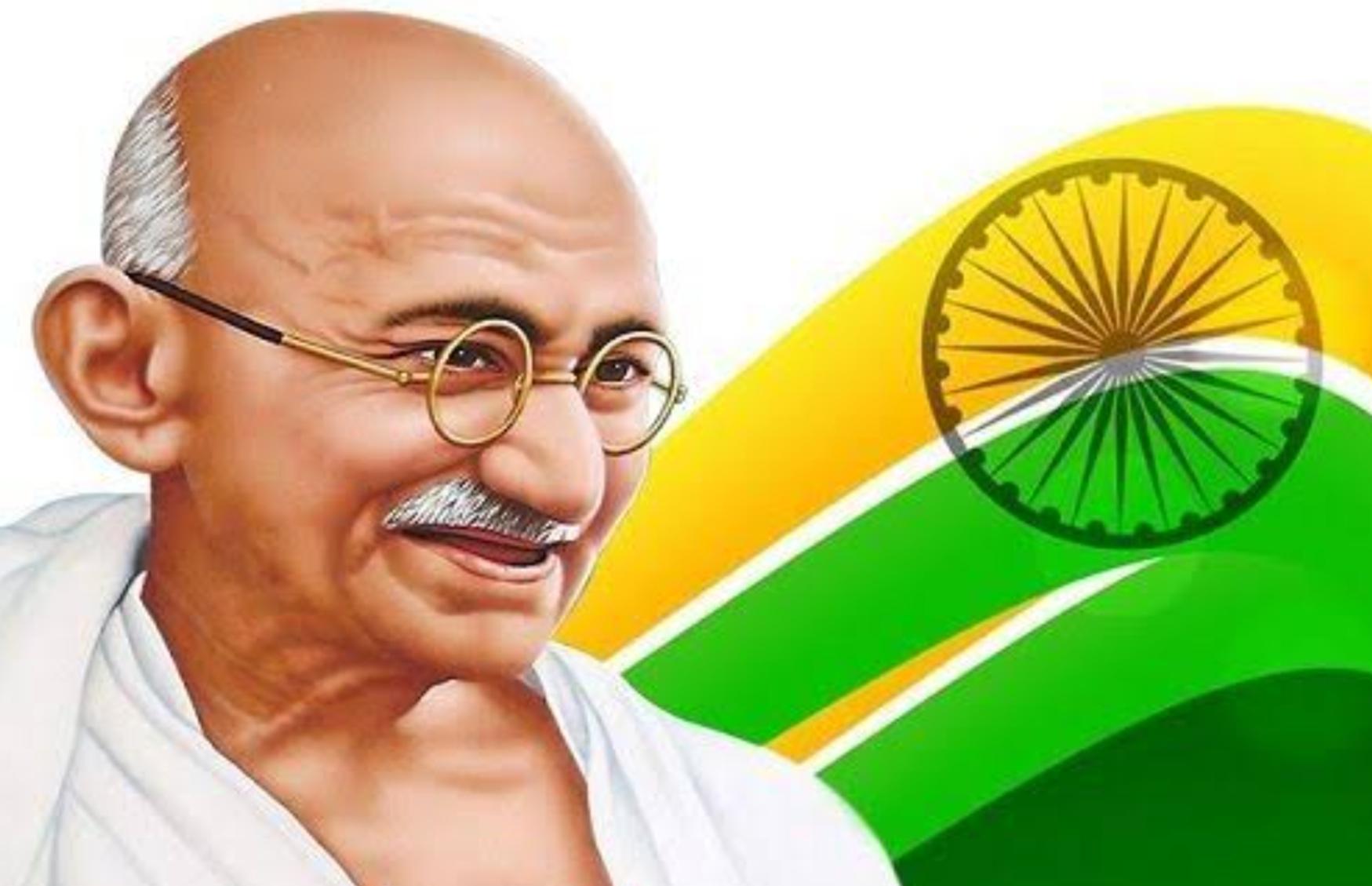Mahatma Gandhi: The Formative Years of a Revolutionary Leader
Mahatma Gandhi, born Mohandas Karamchand Gandhi on October 2, 1869, in Porbandar, India, is celebrated worldwide for his role in championing peace and justice. His early years, marked by a blend of traditional upbringing and personal growth, set the stage for his future as a leader of immense influence.
Gandhi's early life in a modest family was shaped by the values of Hinduism, imparted by his mother, Putlibai. At just 13, he married Kasturba Makhanji in an arranged marriage. His quest for education led him to London in 1888, where he studied law. The experience was both challenging and transformative, exposing him to new ideas and cultural conflicts.
Returning to India, Gandhi struggled initially to establish his legal career. However, his journey took a pivotal turn when he moved to South Africa in 1893 to work with an Indian firm. There, he faced severe racial discrimination, a pivotal experience that ignited his resolve against injustice.
In South Africa, Gandhi developed his philosophy of Satyagraha—non-violent resistance. This approach would later become a cornerstone of his leadership in India's independence movement, marking the beginning of his evolution into the revered figure known as Mahatma Gandhi.

